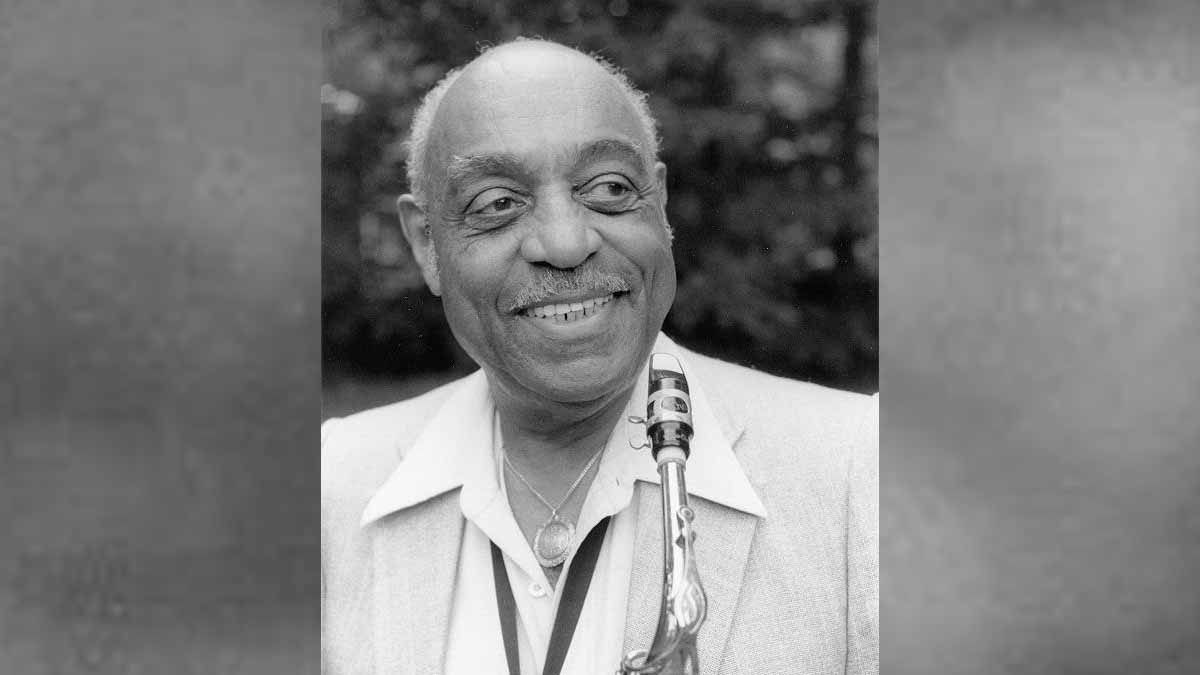Black History Month actually started in 1926 as "Negro History Week." It was established by Dr Carter G. Woodson, founder of the ASALH (Association for the Study of African American Life and History). Dr Woodson chose the second week in February because it encompasses the birthdays of both Abraham Lincoln and Frederick Douglas. Two men that represented American symbols of freedom. Dr Woodson though never minimized the accomplishments of black people to one week. The contributions were so overwhelming that relegating a week to recognize and honor these contributions, over time, proved to simply not be sufficient. Hence Black History Month. Many of these contributions are known, but there are several other influential moments in Black History that are lesser known but had landscape-changing significance.
Let me introduce NEA Jazz Master Bennett Lester Carter. In the jazz realm he was simply known as Benny Carter. He was born in 1907 and died in 2003. Mr. Carter was primarily an alto saxophonist. A lesser-known fact, he was also a multi-instrumentalist. He played trumpet, clarinet and piano and recorded on these instruments. In the 1930s, along with long time Ellington alumni Johnny Hodges, they became the leading alto saxophonists in jazz. Mr Carter was also known for his sophisticated and complex arranging. He arranged for Fletcher Henderson's orchestra and the BBC Orchestra in London and many others. Benny Carter was leader of the first interracial multinational band in the mid '30s, and toured Europe. It was though, his move to Los Angeles in 1942 that changed everything.
He became one of the first African Americans to write and arrange in Hollywood productions. In 1943, he scored the film Stormy Weather. Many would follow along with TV themes and commercials. Mr Carter was the primary moving force that led the way to integrating the Musicians Union. This paved the way for many black artists to now enter Hollywood to write, arrange and perform. One name that comes to mind, Quincy Jones. When Mr. Carter moved to LA he and his wife wanted to buy property. They found a house but the owner signed an agreement stating that the house could only be sold to a white buyer. Mr Carter sued.
Carter's neighbor, Edythe Davis, testified that she did not object to having "colored people" as domestic workers in her home, but did not want them as "social equals" in her neighborhood. Carter won the case and in 1948, the U.S. Supreme Court ruled that restrictive covenants, such as discrimination in housing practices, were unenforceable in "Shelley v. Kraemer." Landscape changing. This is why we celebrate Black History Month. Hear many of these extraordinarily gifted jazz greats on Sinnett in Session on WHRV FM 89.5. You can also listen anytime on demand.
Jae Sinnett hosts Sinnett in Session, The R&B Chronicles, and Students in Session on WHRV FM. He also shares his love of the culinary arts on Cooking with Jae on Facebook every Sunday at 6 p.m. Plus, catch up with past episodes.

